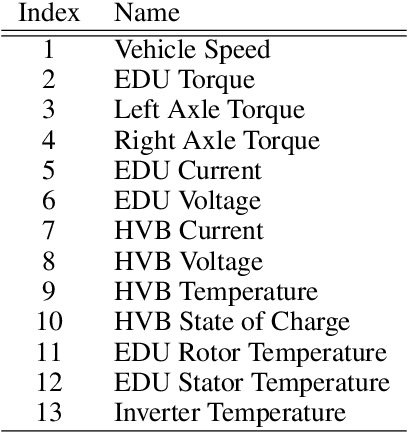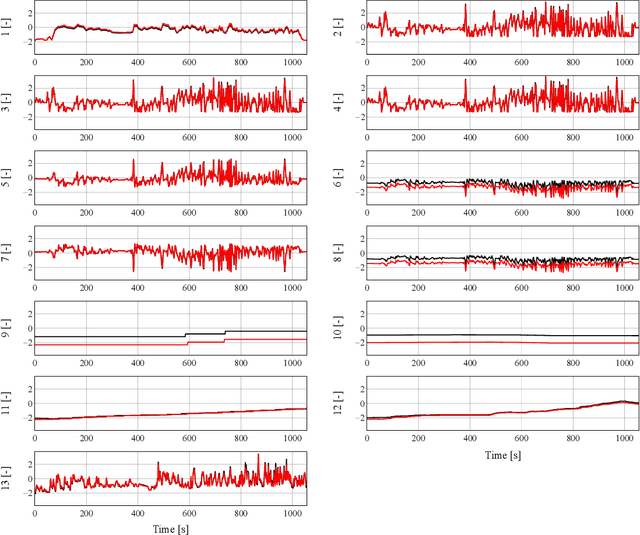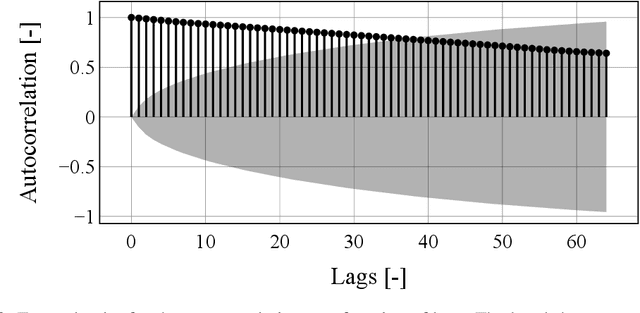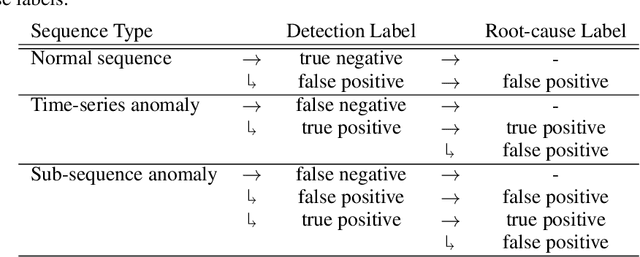TeVAE: A Variational Autoencoder Approach for Discrete Online Anomaly Detection in Variable-state Multivariate Time-series Data
Paper and Code
Jul 09, 2024



As attention to recorded data grows in the realm of automotive testing and manual evaluation reaches its limits, there is a growing need for automatic online anomaly detection. This real-world data is complex in many ways and requires the modelling of testee behaviour. To address this, we propose a temporal variational autoencoder (TeVAE) that can detect anomalies with minimal false positives when trained on unlabelled data. Our approach also avoids the bypass phenomenon and introduces a new method to remap individual windows to a continuous time series. Furthermore, we propose metrics to evaluate the detection delay and root-cause capability of our approach and present results from experiments on a real-world industrial data set. When properly configured, TeVAE flags anomalies only 6% of the time wrongly and detects 65% of anomalies present. It also has the potential to perform well with a smaller training and validation subset but requires a more sophisticated threshold estimation method.
 Add to Chrome
Add to Chrome Add to Firefox
Add to Firefox Add to Edge
Add to Edge